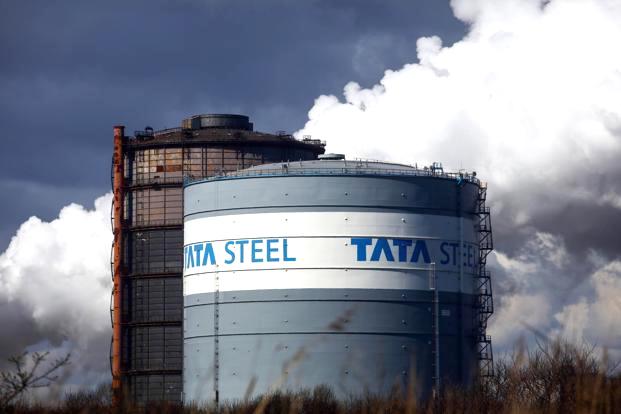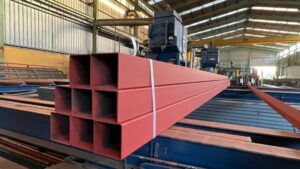Tata Steel Nederlands has signed contracts with three companies to advance technical preparations for the use of hydrogen in steelmaking at its IJmuiden facility in the Netherlands, the company said Aug. 29.
As a first step to its transition to “green steelmaking” at the site, Tata will work with global energy engineering firm McDermott, steel plant supplier Danieli and engineering company Hatch to develop an engineering package that forms the basis for final permitting and project planning, it said. This first development step is expected to cost more than Eur65 million, Tata said.
McDermott will be responsible for the construction input and support of the technical project management; Danieli will be responsible for engineering design for the plant and technology that delivers direct reduced iron, and Hatch will be the technology licensor of the electric furnaces that will melt the DRI and help to reduce oxygen content.
The electric furnaces and DRI plant will be closely coupled to form an integrated production system, Tata said.
“By using green electricity and a predominant hydrogen stream, the CO2 emissions from the [DRI-REF] process are much lower than when using blast furnaces,” Tata said in a statement. “The new process can also accommodate higher percentages of circular steel, where scrap can be added to the REFs or the induction furnaces.”
The new plants will be built on the company’s existing site and all of its current plants will remain in operation unto the new installations are up and running, Annemarie Manger, sustainability director of Tata Steel Nederland, said in a statement.
Hans van den Berg, CEO of Tata Steel Nederland, noted the company recently signed agreements with two ministries and the province of North Holland committing to being CO2 neutral before 2045 and emitting between 35% to 40% less CO2 before 2030.
“This will primarily be achieved via the hydrogen route where the blast furnaces are replaced with modern clean steel-making technology that uses hydrogen or gas instead of coal,” he said.
Tata Steel previously signed an agreement with the national grid operator TenneT for a direct connection to the national electricity grid to be able to use green energy for future operations.
— Justine Coyne






